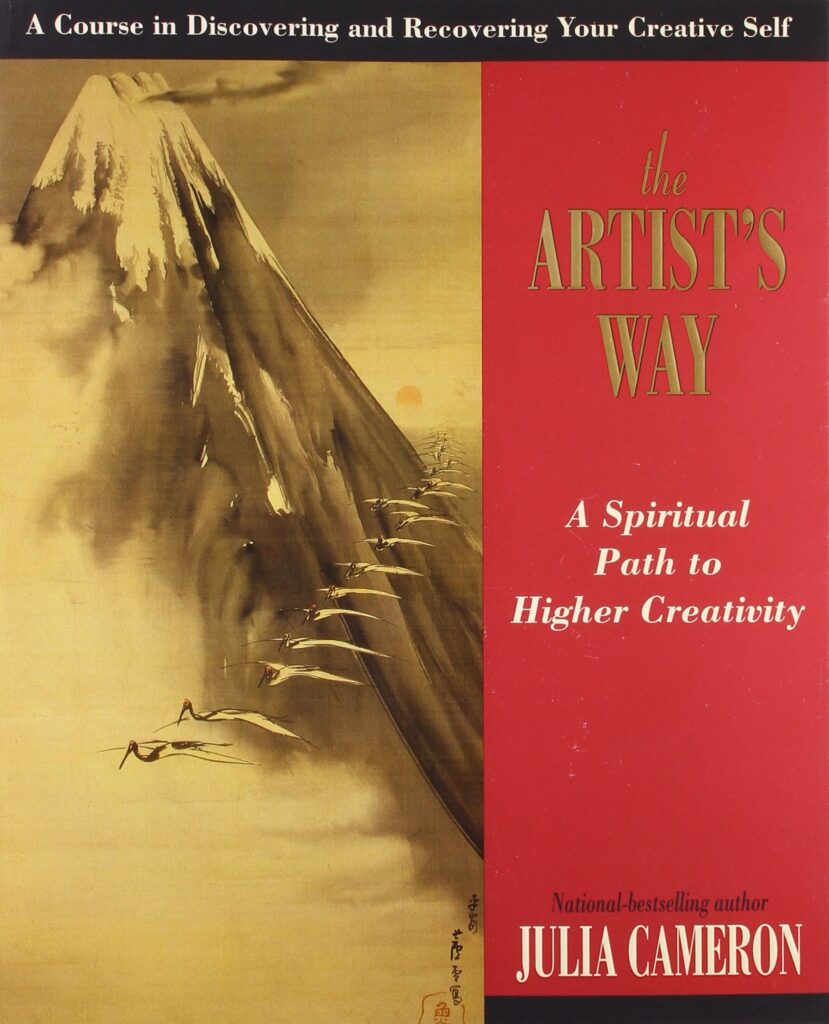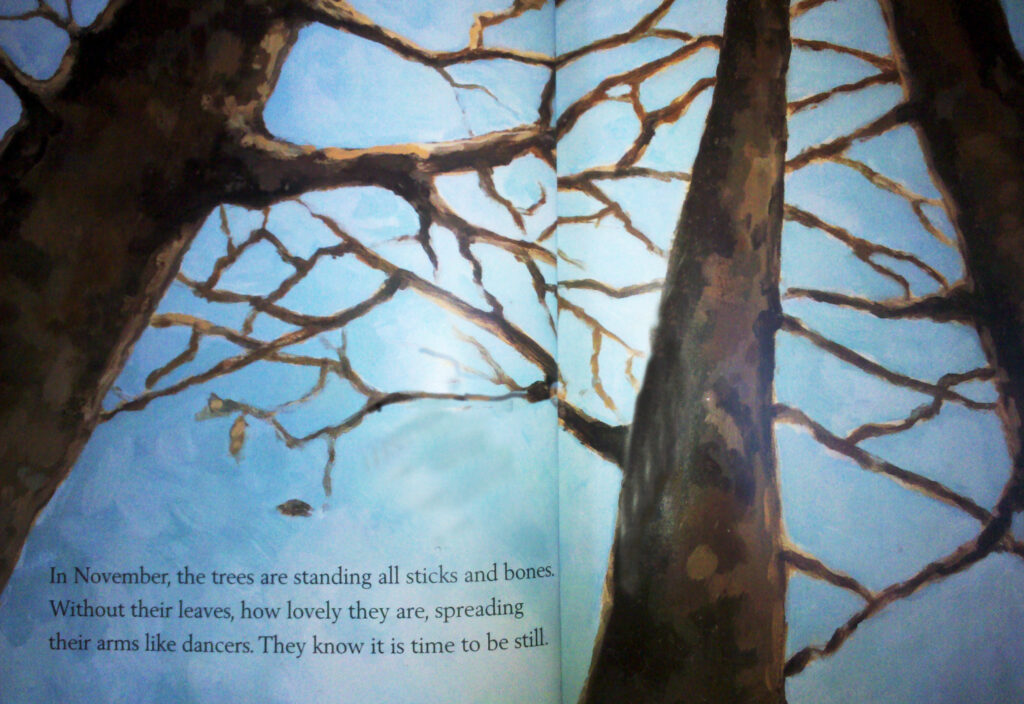Before I tell you about today’s Memoir Writing Exercise, I want to share a true story with you. Today, I am a fairly prolific writer, but a few years ago, I couldn’t force myself to write. After my spirit had suffered several blows, I had become creatively mute. Depression had set in, and it seemed that I was emotionally doomed. Fortunately, a perceptive friend gave me a copy of Julia Cameron’s The Artist’s Way, and word by word, I wrote myself out of my own dark and empty grave.

Sometime after the new year, I’ll sponsor a free Artist’s Way Challenge, and together, we’ll work through that book again. But today, I want to jump to the main tenet of that book:
Write Daily
It seems simplistic, but the only way to end writer’s block is to write daily–Just Do It. Force yourself through it.
The only way to become a better writer is to write daily.
Writing daily is a healer–for several ailments.
One of the main advantages of writing memoir is that it offers us something familiar to write about–when we are writing daily.
Now, let’s talk about our exercise for Day 2 of our Memoir Writing Challenge–Harvest Your Past.
Yesterday, I talked about Cynthia Rylant’s picture book In November.
November is National Memoir Writing Month – Harvest Your Past Day 1 – Describe November
If you have not read that post yet, please do. In that post, I showed how Rylant had captured the essence of November in precious few words, and I asked the participants of this challenge to begin a list of words that describe the Novembers of their own lives. Today’s exercise is to condense your list of words to six. I want you to develop those six words into six separate writing prompts for yourself.

Before you begin that process, however, I want you to delete every abstract concept from that list, and I want you to only consider words that are concrete–words that you can easily find photographs to illustrate.
For instance, “love ” is an abstract concept. “Family “is abstract. “Tree,” however is a concrete word.
One of the main goals of this memoir writing challenge is to help you become a better writer of description. It is much easier to describe concrete words than it is to describe abstract concepts.
In Rylant’s picture book In November, she talks about November’s trees in clear, but highly charged words.

“In November, the trees are standing all sticks and bones. Without their leaves, how lovely they are, spreading their arms like dancers. They know it is time to be still.” – Cynthia Rylant, In November
Rylant’s description of wintry trees is brilliant. It is terse. It is powerful, and it is a potent use of figurative language. The “trees are like dancers” is a simile. The spreading arms of the trees is an example of personification. When Rylant talks about the stillness of the trees, she alludes to the stillness of winter.
For today’s exercise, choose 6 concrete words that describe November.
After that, write 1 highly charged sentence that describes each of those words.